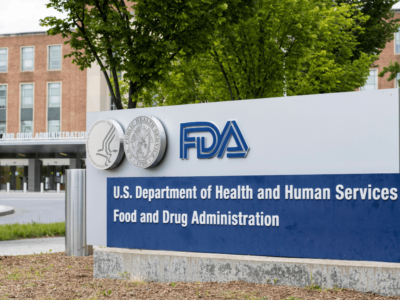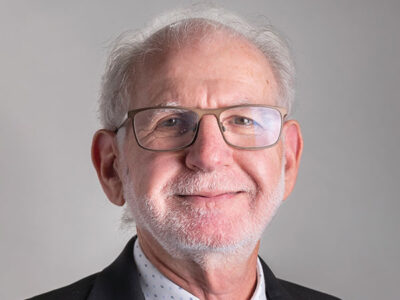FDA has released a congressionally mandated report evaluating the use of perfluoroalkyl and polyfluoroalkyl substances in cosmetic products.
Regulatory Toxicology and Pharmacology has retracted a literature review published in 2000 that concluded that glyphosate, a common herbicide used in agriculture and found in products such as Roundup, “does not pose a health risk to humans.”
The Centers for Medicare and Medicaid Services is awarding $50 billion to all 50 states as part of the Rural Health Transformation Program—funding established through the One Big Beautiful Bill passed in July.
On Jan. 5, the Centers for Disease Control and Prevention released a scaled-back childhood vaccine schedule that slashed the number of diseases that the institution recommends all children get immunized against—from 17 to 11.
A federal judge has blocked the Health Resources and Services Administration from rolling out a pilot program that would reimburse safety net hospitals that get a discount on drugs through the 340B program via a rebate, as opposed to the status quo of up-front savings. The preliminary injunction was issued on Dec. 29, just a few days before the program was slated to begin on Jan 1.
Will Parsons was appointed as chief of the Division of Hematology-Oncology in the Department of Pediatrics at Baylor College of Medicine and director of Texas Children’s Cancer and Hematology Center, effective immediately.
American Center for Cures and BlueCloudX announced a strategic collaboration aimed at accelerating the development of cures for major diseases while dramatically reducing the time, cost, and complexity of clinical research.
Robert S. Negrin, professor of medicine at Stanford University, will serve as president of the American Society of Hematology for a year-long term through December 2026.
Joshua J. Cooper has been named executive vice president of government relations, economics, and health policy at the American College of Radiology.
The Northwell Cancer Institute opened a $1 million high-dose rate brachytherapy radiation medicine suite at the R.J. Zuckerberg Cancer Center, located near the border of Long Island and Queens.










